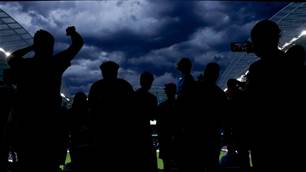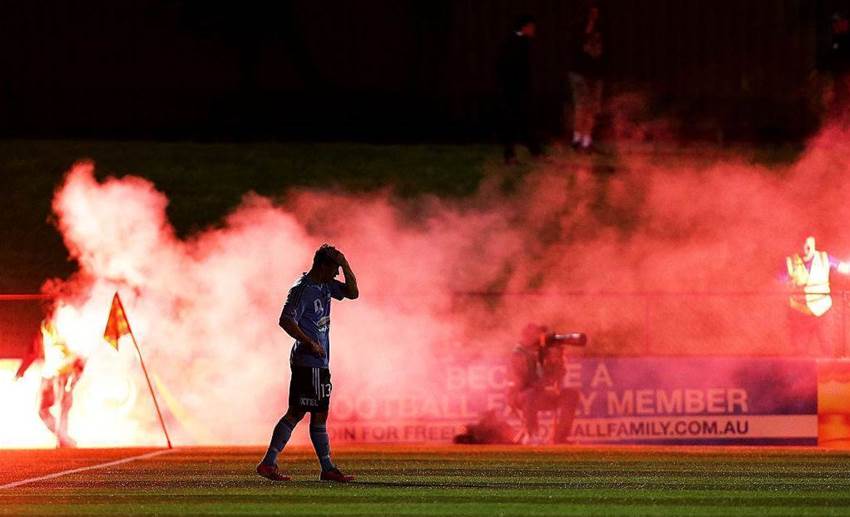Alex Gersbach and Luke Wilkshire never played together.
For a club Gersbach describes as "serial winners", the branding and financial ramifications of losing their European exposure created a tense atmosphere at Rosenborg.
To make matters worse, the Norwegians weren’t hedging their development bets on a young bloke from Auburn. The heavyweights had their pick of the country’s youth and were brimming with young Norsk talent fighting for Gersbach’s place.
With little game-time and a position at the World Cup up for grabs, Gersbach left Rosenborg on a loan deal to Ligue 2’s RC Lens. The Hauts-de-France region was a welcome shift for the Australian, but 12 appearances in a relegation-threatened second division club did little to endear him to Bert van Marwijk.
Gersbach fought hard at Lens. He earned a starting place in their squad and played a leading role in the club’s unlikely run to the quarterfinals of the Coupe de France. He deserved a place in van Marwijk’s preliminary Australian squad and received it.
But the Dutch coach had no interest in youth development, nor did he value pacey attacking intent over an experienced defensive hand. Van Marwijk was reeling from a bitter break with Saudi Arabia and looking to stick it to the Saudis, while boosting his own flatlining reputation, through short-term success with their Asian rivals.
The Australian media, likewise, tended to overlook Gersbach’s mazy French run. Instead, in what must have felt like an unbelievable shift, many began looking to his Sydney replacement, then 37-year-old Wilkshire, who had led Sydney to a dominant A-League Premiership.
Ultimately neither made the World Cup squad. While Wilkshire took the decision with expected grace, happily pointing out his age to the enquiring media, the decision was tougher for Gersbach.
He’d made his debut at just 19 under Ange Postecoglou and earned a consistent place in the set-up. While he was on a left-side packed with options and still too young to be a starter, Gersbach had outperformed experienced challengers like Brad Smith and developed a knack for providing assists in the few chances he’d been given – as he put it, he felt “right there”.
But after Postecoglou quit and Gersbach’s previous gaffer, Graham Arnold, was put on hold to replace him, the Aussie was left high and dry in Europe – clubless, nationless and watching his incredibly lofty potential slowly slip away.
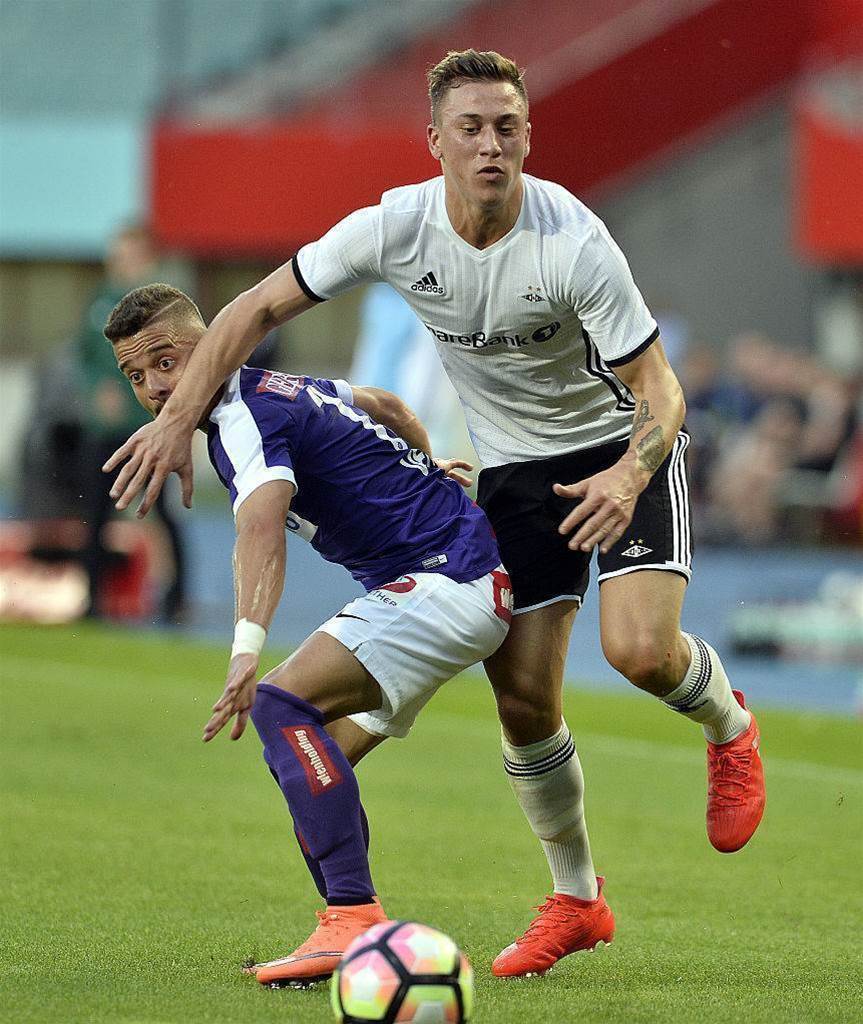
“Winning trophies, you learn to be a serial winner and then there’s the tough times for myself," Gersbach told socceroos.com.au a few months later, in the lead up to the 2019 Asian Cup.
"Not playing sometimes, the last year’s been tough being out of the team at Rosenborg and going on loan to France. It's not just the good things but the bad things as well and you learn to deal with the bad things. You’ve got to be strong.
“When I’m over in Norway I don’t have the support network I would have here with my family and friends so you’ve just got to learn to deal with it.
"This year I haven’t tried to think about it too much, I’ve gone into training feeling positive even if I’m not playing, just try and be happy and put a smile on my face.”
While Gersbach had earned an admirable 19 league appearances in his debut season at Rosenborg, his form and playing time had drastically diminished by the end.
In his final Eliteserien campaign two years later, in what should have been the prodigy's European breakthrough, he only appeared three times.
But when Arnold eventually took over the Socceroos coaching role before the Asian Cup, Gersbach must have felt a tinge of hope. He had begun his career under Arnie and the coach famed for his reliance on experienced heads had been eager to not only build Gersbach into a star role for the Sky Blues, but also - as he did for every member of his squad - build the youngster’s confidence to stratospheric heights.
Such is the Arnold mantra: footballers are drilled to think positively in all situations, with criticism outside of the changeroom virtually unheard of.
It’s certainly an effective strategy for the A-League, but whether it prepares young men for the unknown hardship of a fledgling European career is less certain.
Related Articles
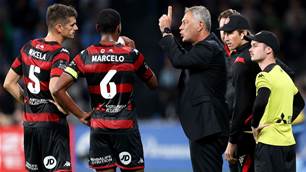
Six in the mix: Wanderers' short-list includes Arnie's Dutch pick
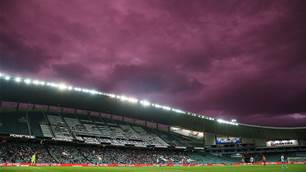
Robertson still committed to Socceroos: Arnold
